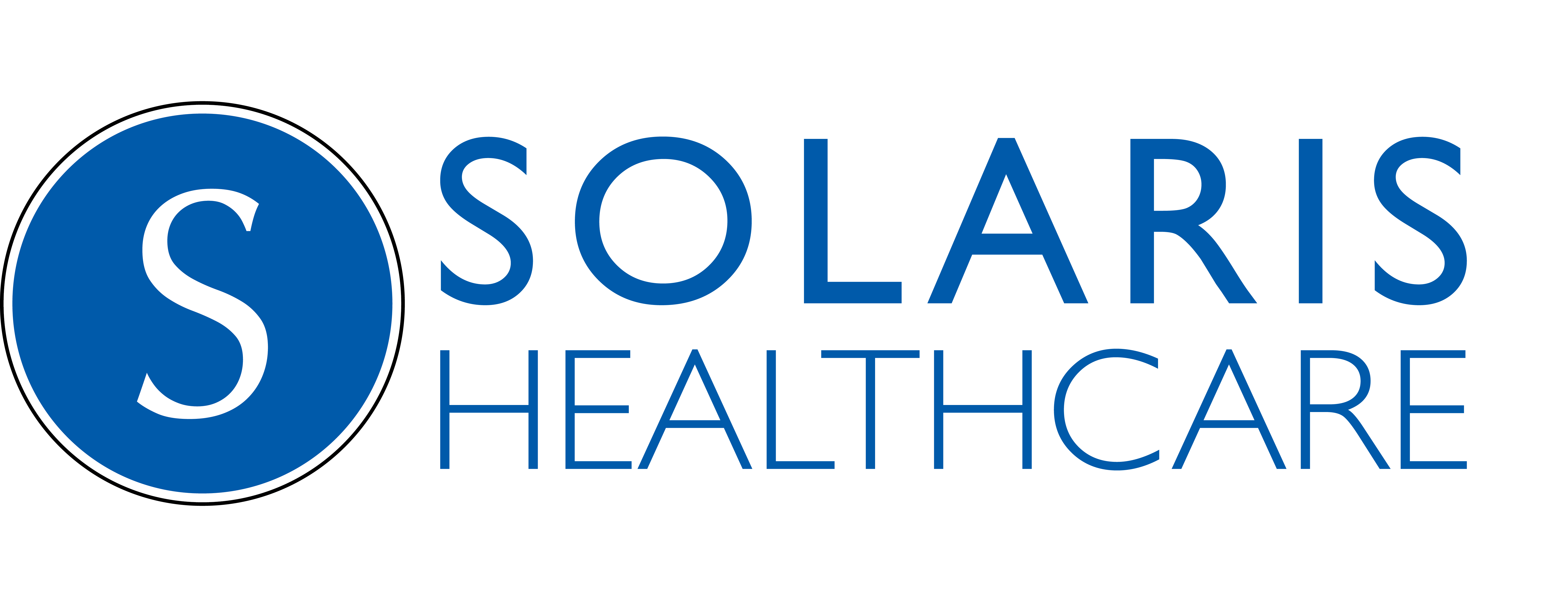Understanding Alzheimer’s Disease: Tips for Caregivers and Family Members
Empowering Caregivers with Practical Insights and Supportive Strategies

Alzheimer’s disease is a progressive neurological disorder that affects millions of people worldwide. As the disease progresses, it can present unique challenges for both individuals diagnosed with Alzheimer’s and their caregivers. In this article, we’ll explore the key aspects of Alzheimer’s disease and provide practical tips for caregivers and family members to navigate the caregiving journey with compassion and confidence.
Defining Alzheimer's Disease
Alzheimer’s disease is the most common form of dementia, characterized by memory loss, cognitive decline, and changes in behavior and personality. It gradually impairs an individual’s ability to perform daily tasks and eventually leads to the loss of independence. Alzheimer’s disease typically progresses through several stages, from mild cognitive impairment to severe dementia.
Tips for Caregivers and Families
Volunteers provide companionship to patients who may be feeling isolated or lonely. Through friendly conversations, sharing stories, or simply sitting with them, volunteers offer comfort and companionship, helping patients feel connected and valued.
Educate Yourself
Understanding the progression and symptoms of Alzheimer’s disease is essential for effective caregiving. Educate yourself about the disease, its symptoms, and available treatment options to better support your loved one.
Establish Routines
Establishing consistent daily routines can provide structure and stability for individuals with Alzheimer’s. Stick to regular schedules for meals, medication, and activities to reduce confusion and anxiety.
Effective Communication
Communicating with a loved one with Alzheimer’s requires patience and understanding. Use simple, clear language, speak slowly, and maintain eye contact during conversations. Be attentive and listen actively to their needs and concerns.
Ensure Safety
Safety is paramount when caring for someone with Alzheimer’s. Take precautions to prevent accidents and wandering by securing the home environment, installing safety locks, and removing hazards.
“Safety is important for everyone, but the need for a comprehensive safety plan becomes vital as dementia progresses. Taking measures to improve safety can prevent injuries and help the person with Alzheimer’s feel more relaxed, less overwhelmed and maintain his or her independence longer.”
Alzheimer’s Association. (n.d.). Safety in the home. Retrieved from https://www.alz.org/help-support/caregiving/safety
Practice Patience and Flexibility
Alzheimer’s disease can cause changes in behavior and personality. Have patience and be flexible in your approach to caregiving, and adapt your strategies to meet your loved one’s evolving needs.
Seek Support
Caregiving can be challenging, both emotionally and physically. Seek support from healthcare professionals, support groups, or Alzheimer’s organizations to connect with others who understand your experiences and provide valuable guidance and encouragement.

Take Care of Yourself
Remember to prioritize your own well-being as a caregiver. Take breaks, engage in self-care activities, and seek assistance from other family members or respite care services to avoid burnout.
Caring for a loved one with Alzheimer’s disease presents unique challenges and requires patience, understanding, and compassion. By educating yourself about the disease, establishing routines, practicing effective communication, ensuring safety, and seeking support, you can provide the best possible care for your loved one while also taking care of yourself. Remember, you are not alone on this journey, and there are resources and support available to help you navigate the challenges of caregiving with confidence and resilience.
Additional Studies & Resources
‘Remarkable’ Study Tracks Timeline of Biomarker Changes 20 Years Before AD
Article Refrences:
Alzheimer’s Association. (n.d.). Alzheimer’s Association. Retrieved from https://www.alz.org/
Alzheimer’s Association. (n.d.). Safety in the home.
Retrieved from https://www.alz.org/help-support/caregiving/safety
Share:
Search Resources
ADDITIONAL RESOURCES
LEARN ABOUT OUR CARE SERVICES:
PALLIATIVE CARE →
INDUSTRY TRUSTED




